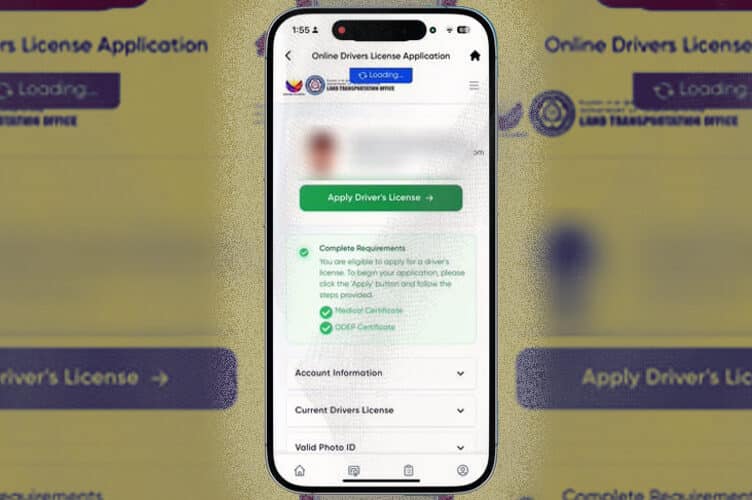MANILA, Philippines – The Philippine National Police Anti-Cybercrime Group (PNP-ACG) has released an advisory on how the public can steer clear of scammers online, now that Christmas is approaching and many are set to receive their bonuses.
“Suriing mabuti ang pagkakakilanlan at tirahan ng ka-transaksyon. Huwag basta-basta magtitiwala sa mapanglinlang na salestalk,” the PNP said.
“Tawagan ang numero ng e-wallet account na ibinigay para makumpirma ang transaksyon,” it added.
It advised shoppers to negotiate only with verified accounts and choose cash on delivery (COD) for the mode of shipping to ensure the safety of the transaction.
According to the PNP, scammers have been using dummy accounts on Facebook. Commonly, these dummy accounts are recently created social media pages with a limited number of friends and followers. Most of the time, they have little to no information presented on their profile.
The national police group shared the scammers’ modus operandi to inform the public if they are transacting with a scammer.
- They are using prepaid SIM cards.
- They offer big discounts for a limited time only (to force the customer to pay for the service/product)
- The transaction is scheduled whenever the customer services of banks, money remittance centers, e-wallets, and other online modes of transactions are closed.
- The name of the transacting party online and their bank/e-wallet do not match.
“Huwag hayaan na ang pinaghirapan mong pera ay mapupunta lamang sa kamay ng mga scammer,” warned the PNP.
“Ikaw ba ‘yang nasa video? Scam”
The anti-cybercrime group also reminded the public of the “Ikaw ba ‘yang nasa video? scam online.
The modus occurs when the hacker sends an instant message, whether through personal text or online messaging, asking “Ikaw ba ‘yang nasa video?” accompanied by a link.
According to authorities, this is an example of phishing, and users should not open the link because it automatically downloads personal information once opened.
Phishing is a form of hacking technique that is usually utilized to obtain user information, like login details and financial information, by deceiving the victim into opening an email or text message identifying themselves as a legitimate source.
Last month, Cybercrime Investigation and Coordinating Center Deputy Executive Director Mary Rose Magsaysay said that the flood of scam text messages alone caused Filipino mobile phone users to lose “millions of pesos.”
How useful was this post?
Click on a star to rate it!
Average rating 0 / 5. Vote count: 0
No votes so far! Be the first to rate this post.
We are sorry that this post was not useful for you!
Let us improve this post!
Tell us how we can improve this post?








